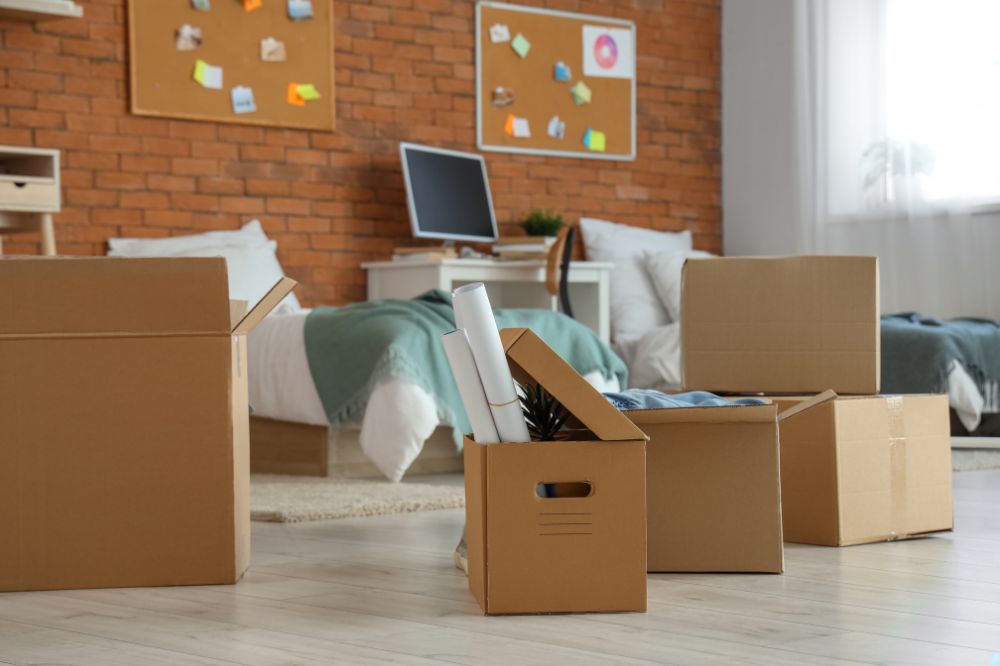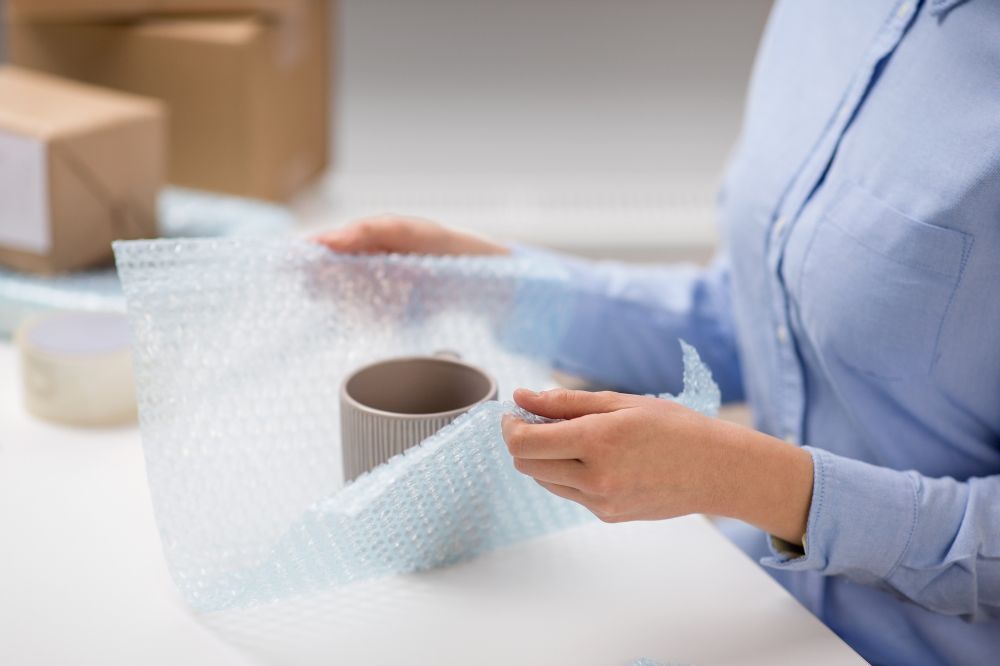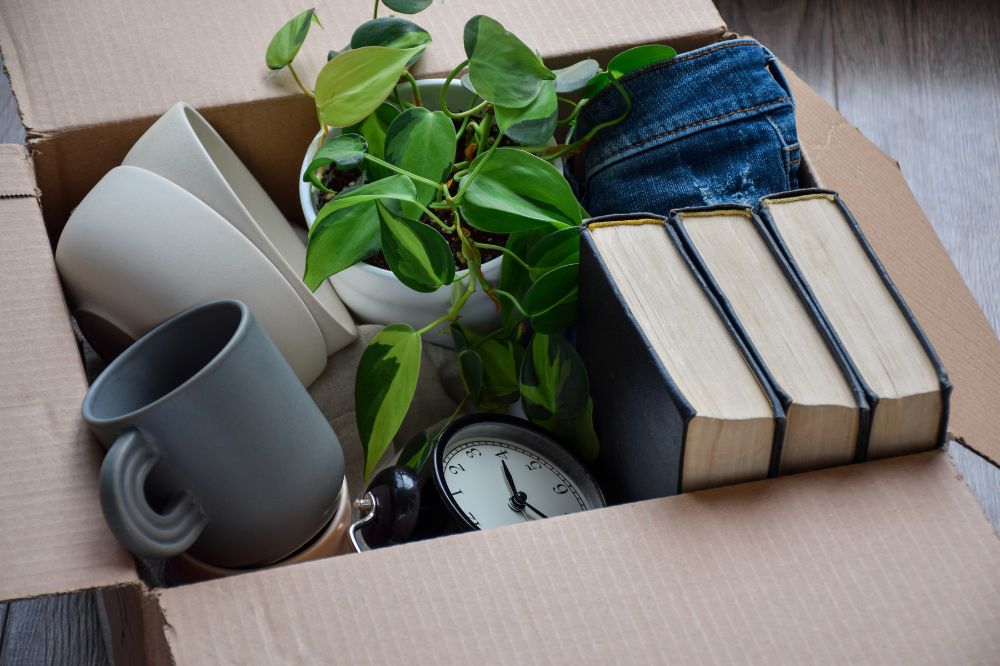How to Organise, Pack, and Plan for a Smooth Moving Experience
Moving can be an exciting yet stressful experience. Whether you're relocating to a new neighbourhood or moving across the country, proper preparation is key to ensuring a smooth transition. Here are some essential tips to help you get organised and make your move as stress-free as possible.
1. Start early
One of the most important aspects of moving is to start planning well in advance. Begin by creating a moving checklist that outlines all the tasks you need to complete before the big day. This will help you stay on track and ensure nothing is overlooked.

2. Declutter your home
Before you start packing, take the time to declutter your home. Go through each room and decide what you really need to take with you. Donate, sell, or recycle items that you no longer use or need. This will not only reduce the amount of stuff you have to move but also make unpacking easier.

3. Organise your packing supplies
Make sure you have all the necessary packing materials, such as boxes, tape, bubble wrap, and markers, to avoid last-minute stress. It’s easy to underestimate how many supplies you’ll need, so having plenty on hand will help you stay organised. If you’re packing yourself, the removal company will usually provide these supplies. Consider using sturdy, quality boxes to protect your belongings during transit.

4. Label your boxes
As you pack, label each box with its contents and the room it belongs to. This will make it much easier for you and the movers to place the boxes in the correct rooms at your new home. Additionally, consider numbering your boxes and keeping an inventory list to ensure everything arrives safely.

5. Pack room by room
To stay organised, pack one room at a time. Start with the rooms you use the least and work your way to the more frequently used spaces. Be sure to pack heavy items, such as books, in smaller boxes to make them easier to carry. Lighter items, like linens and clothes, can be packed in larger boxes.

6. Protect fragile items
When packing fragile items, such as glassware and electronics, take extra care to wrap them securely. Use bubble wrap or packing paper to cushion each item, and fill any empty spaces in the box with padding to prevent shifting during transit. Clearly mark these boxes as "Fragile" so movers handle them with care.

7. Create an essentials box
Pack a separate box with essentials you'll need for the first few days in your new home. This might include toiletries, a change of clothes, important documents, chargers, and basic kitchen supplies. Having these items easily accessible will save you from having to search through boxes when you first arrive.

8. Notify important parties
Don't forget to notify important parties about your move. Inform your utility companies, bank, GP, and any subscriptions of your change of address. Also, consider setting up a mail redirection service to ensure you receive any post sent to your old address.

9. Prepare your new home
If possible, visit your new home before moving day to do a thorough clean and make any necessary repairs. This is also a good time to figure out where your furniture will go, which will make the unloading process much smoother.

10. Plan for moving day
Finally, make a plan for moving day itself. Arrange childcare or pet care if needed, and ensure you have plenty of snacks and drinks on hand to keep everyone energised. If you’ve hired professional movers, confirm the details with them a few days before the move to avoid any surprises.

Conclusion
By taking the time to plan and prepare, you can significantly reduce the stress of moving and ensure everything goes smoothly. Following these tips will help you stay organised and make your move as seamless as possible. Good luck!